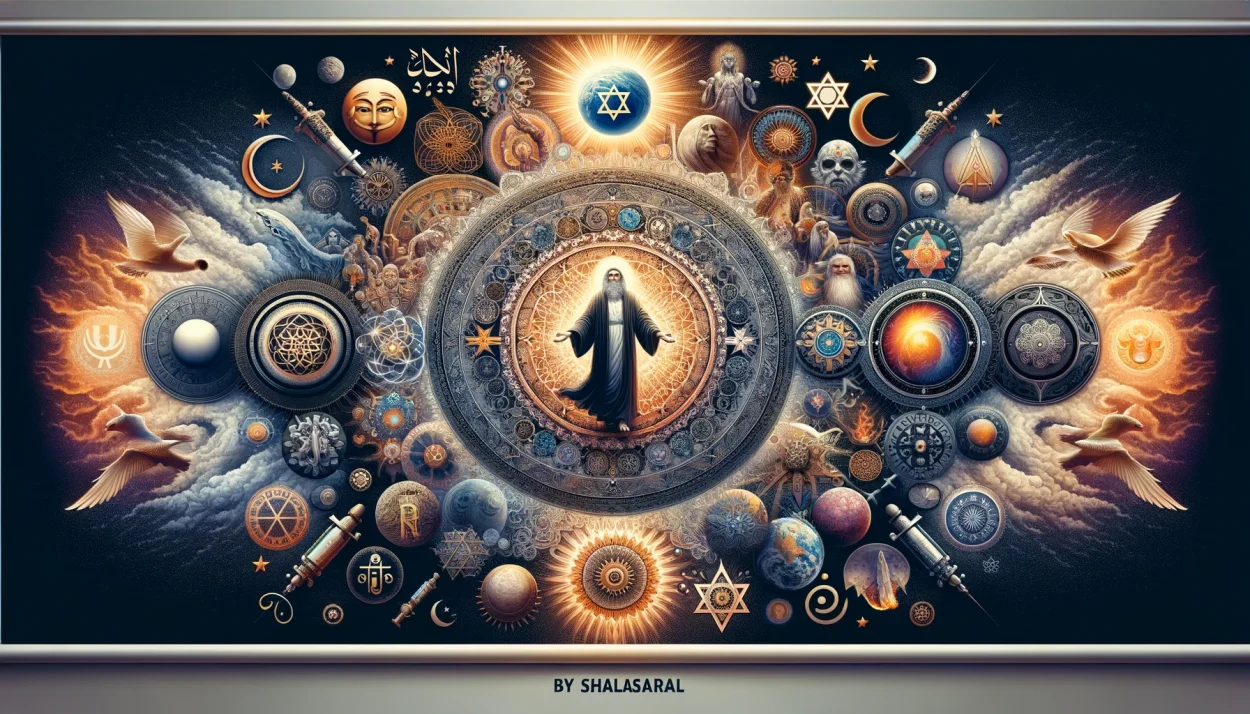
What is God

The concept of God is a complex one that has been debated by philosophers and theologians for millennia. There’s no single definition that everyone agrees on, but here are some ways people have thought about God:
- In monotheistic religions: God is seen as the supreme being, the creator, and the ruler of the universe. Examples of monotheistic religions include Christianity, Islam, and Judaism.
- In polytheistic religions: There are many gods, each with their own domain or area of influence. This is common in ancient religions like Hinduism and Greek mythology.
- As a spiritual force: This view emphasizes a connection to something larger than oneself, without necessarily attributing human-like qualities to it.
People come to beliefs about God through various reasons:
- Faith: Belief based on personal conviction, rather than on proof.
- Religious teachings: Following the scriptures or doctrines of a particular religion.
- Philosophical arguments: Reasoning and logic are used to arrive at a conclusion about God’s existence.
There are also those who don’t believe in God:
- Atheism: The rejection of belief in any deities.
- Agnosticism: The belief that the existence of God is unknown or unknowable.
“God” is a concept that varies widely among different cultures, religions, and philosophical beliefs, encompassing a range of definitions and attributes. Generally, God is understood to be the supreme being, creator, and principal object of faith in monotheistic religions such as Christianity, Islam, and Judaism. In these traditions, God is often described as omnipotent (all-powerful), omniscient (all-knowing), omnipresent (present everywhere), and benevolent (all-good).
In polytheistic religions, such as those of ancient Greece and Rome, the term “gods” refers to multiple deities with specialized domains and powers, controlling different aspects of the natural world, human endeavors, and emotions.
Philosophically, discussions about God involve debates over existence, nature, and the implications for knowledge and ethics. Some philosophical perspectives argue for the necessity of God as the foundation of morality and meaning, while others question or deny the existence of God, focusing on human reason and experiences as the basis for understanding the universe.
The concept of God can also be metaphorical, representing ideals, forces, or principles that transcend the material world. In this sense, “God” can signify the ultimate reality or the sum of all that exists, without necessarily implying a personal deity or creator.
Understanding “God” requires considering the vast array of beliefs, doctrines, and interpretations that have evolved across history and cultures, making it a deeply personal and often complex subject.